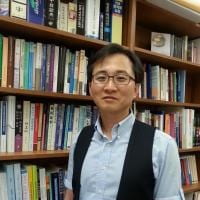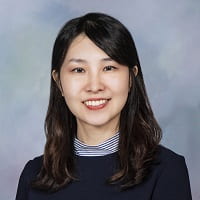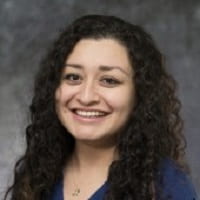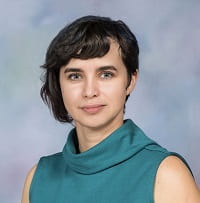Keynote Speaker
 |
Dr. Shannon Sauro, University of Maryland, Baltimore CountyTechnology for Creativity and Collaboration in the Language ClassroomAbstract Title: Technology for Creativity and Collaboration in the Language Classroom Abstract: This talk begins with an overview of technology assisted language teaching and learning to highlight how the role of technology and different teaching practices have changed as technology has become increasingly ubiquitous in language teaching. These include differences in technology use for teaching language knowledge, intercultural communication, speaking and listening, and reading and writing. Among the ways in which technology for language teaching has changed is in how it is used to bridge the informal language learning practices in the digital wilds with the language classroom to support student creativity, collaboration and motivation. An example of this can be seen in the materials developed by the FanTALES project (https://www.fantales.eu/), a collaboration between language researchers and high school foreign language teachers in Belgium, Germany and Sweden to create teaching materials that support foreign language learning through the collaborative writing of multilingual interactive fiction stories based on popular media. This webinar will introduce teachers to the FanTALES teaching materials that have already been developed, including learning through doing modules, storytelling prompts, and assessment materials in English, and will highlight forthcoming materials for the teaching of Dutch, German and Swedish as well as a teacher guide for adapting these materials for other languages and different levels of proficiency. Key readings and materials for this talk include the following: • All current and future FanTALES material is available on the website here: https://www.fantales.eu/results/ • Many of the chapters in this edited volume: Chapelle, C.A., & Sauro, S. (2017.)(Eds.) The handbook of technology and second language teaching and learning. Oxford: Wiley-Blackwell. |
Guest Presenter
 |
Dr. Sang-Seok Yoon, University of IowaThe challenges and opportunities of teaching foreign languages onlineAbstract With the development of online technology, using online technologies has been getting more attention from language educators. However, using online tools in a language class is not easy in that language learning intrinsically requires human interaction. In this presentation, I am going to share my experiences of incorporating online instruction to Korean language classes. The discussions will include how I developed online materials, how I applied the flipped classroom strategy to my face-to-face class, and how I developed a fully online course. I will also talk about the advantages of teaching online and what kind of challenges I have had and how I have been dealing with them. |
Center for Languages and Intercultural Communication Presenters
 |
Dr. Jayoung SongDesign factors affecting student satisfaction in online coursesAbstract Student satisfaction is an important intermediate outcome in that it influences students’ level of motivation, academic success, and course retention. Online courses present a different set of challenges to instructors and students, and thus key factors for determining student satisfaction in online courses might be different from the ones in traditional face-to-face classroom settings. Based on the previous studies, this presentation will share strategies and tips for effective online course design that can lead to successful learning and enhanced student satisfaction. |
 |
Dr. Katharina KleyOnline Assessments: How to best assess student learning when teaching onlineAbstract Online learning has become very popular over the course of the last decade, but what does that mean for assessments? Can teachers use the same kinds of assessments in online classes that they have initially developed for face-to-face settings? In this presentation, I will discuss best practices for formative and summative assessments in e-learning environments and present sample assessments and online tools that can be used to assess student learning. I will also explore security and plagiarism issues. |
 |
Prof. Jessica MoronesLinguistic and intercultural benefits of virtual exchangesAbstract Virtual language exchanges are effective resources to develop cultural awareness, linguistic competence, and confidence using the target language. This presentation will show concrete examples of how to establish institutional partnerships to enable virtual interactions with native speakers abroad. Project layout and recommendations to incorporate virtual exchanges into the language curriculum will be discussed. Furthermore, this session will highlight how online interactions are a great cultural opportunity for those students who may not be able to participate in study-abroad programs. |
 |
Dr. Luján StaseviciusDigital tools to enhance online participation in the Foreign Language ClassroomAbstract With remote teaching being enforced at all levels of teaching, online tools became more important to keep holding classes as effective as possible. In this talk, I will go over several ways in which we teachers can incorporate applications to our online classes to enhance student participation and engagement. Taking Poll Everywhere as a starting point, I will show how to integrate its several features, and why it is particularly helpful for Foreign Language classrooms. I will provide examples and activities for all levels of proficiency. |
